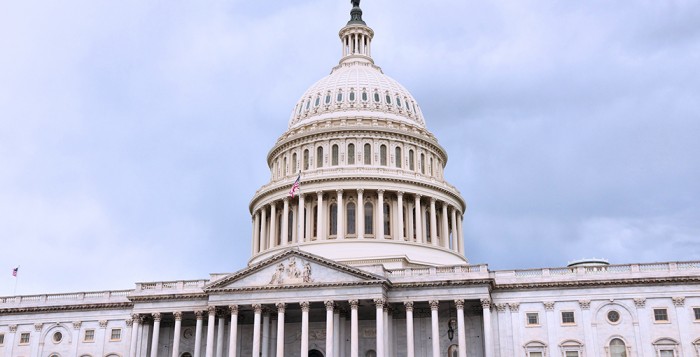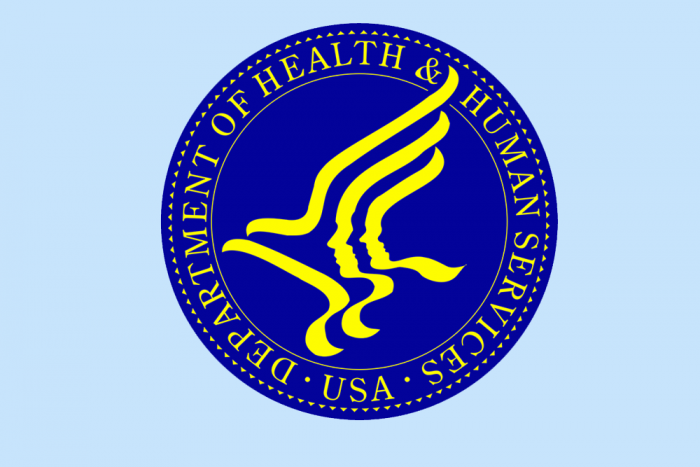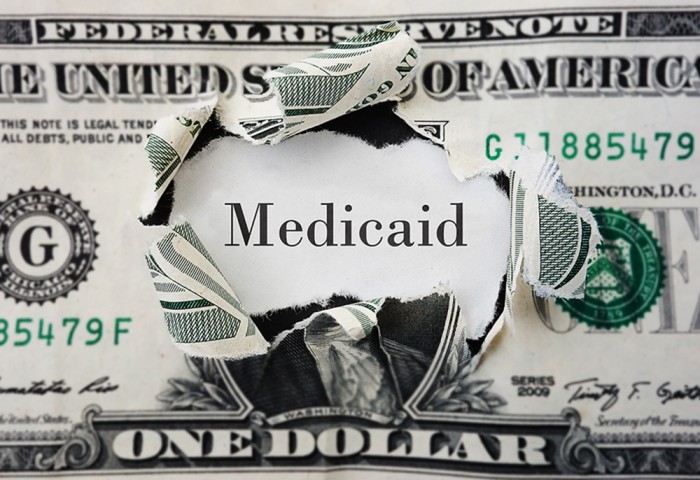RCPA invites all members, non-members, and systems-wide behavioral health stakeholders to participate in the Mental Health Safety Net Coalition meeting on Monday, June 9, 2025, from 2:30 pm – 3:00 pm. This meeting will serve to update the group on strategy, activities, and engagement opportunities. Members can participate via Teams; information on how to join can be found below.
The coalition, which is open to all stakeholder groups, convened last week to lay out our primary vision, actions, and goals. The coalition will be sending out its first legislative advocacy bulletin to General Assembly legislators and stakeholders this week, and we encourage members to participate in these efforts of joint advocacy in protecting and preserving our mental health service delivery system.
This meeting will review and discuss the critical areas of funding for the 2025/26 budget, including county mental health, school-based services, psychiatric centers, and the Behavioral HealthChoices system, along with ongoing advocacy for the preservation of Federal Medicaid. The coalition listserv has been updated; if you would like to join the coalition or have any questions, please contact RCPA Policy Associate Emma Sharp.
Microsoft Teams Need help?
Join the meeting now
Meeting ID: 289 703 832 805 3
Passcode: 4Ji6nE6f
Dial in by phone
+1 689-206-0441,,182354162# United States, Orlando
Find a local number
Phone conference ID: 182 354 162#

















